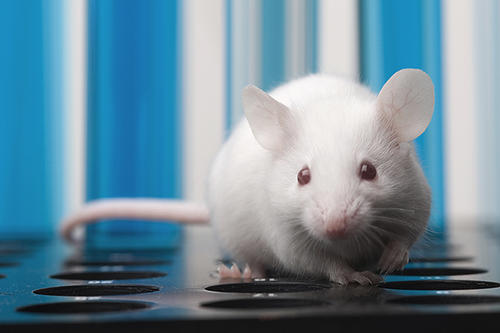
U researchers have called into question the practice of studying the immune system by using only lab mice that have been protected from exposure to microbes.
Examining cells of the immune system in the lining of the cervix, an internal tissue that normally encounters all kinds of microbes, the researchers discovered that the cells of lab mice bore the hallmarks of having never encountered pathogens or other microbes. Notably, they lacked “first responder” cells. But the cells of “dirty” pet store mice did carry the marks of mature warriors, similar to immune cells from adult human cervical tissue.
After housing lab mice with pet store mice, the lab mice’s immune systems took on characteristics of their cage mates’ systems. Significantly, they produced mature B cells and T cells, a signal that the immune system in general had matured. Thus, getting “dirtied” by pet store mice helped lab mice build immune systems that resembled the human variety.
This seminal finding could lead to more realistic research that saves time, money, and effort in developing vaccines or treatments.
- Categories:
- Science and Technology





